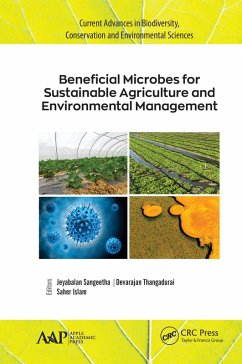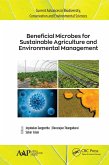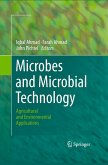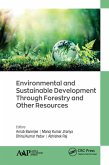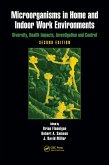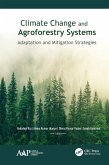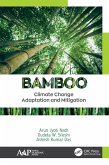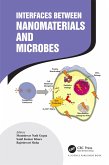With extensive references, tables, and illustrations, this book provides valuable information on microbial utilization for environmental sustainability and provides fascinating insights into microbial diversity.
Key features include:
- Looks at enhancing plant production through growth-promoting arbuscular mycorrhizae, endophytic bacteria, and microbiome networks
- Considers microbial degradation and environmental management of e-wastes and azo dyes
- Explores soil-plant microbe interactions in metal-contaminated soils
- Examines radiation-resistant thermophiles for engineered bioremediation
- Describes potential indigenous/effective microbes for wastewater treatment processes
- Presents research on earthworms and microbes for organic farming
Dieser Download kann aus rechtlichen Gründen nur mit Rechnungsadresse in A, B, BG, CY, CZ, D, DK, EW, E, FIN, F, GR, HR, H, IRL, I, LT, L, LR, M, NL, PL, P, R, S, SLO, SK ausgeliefert werden.

